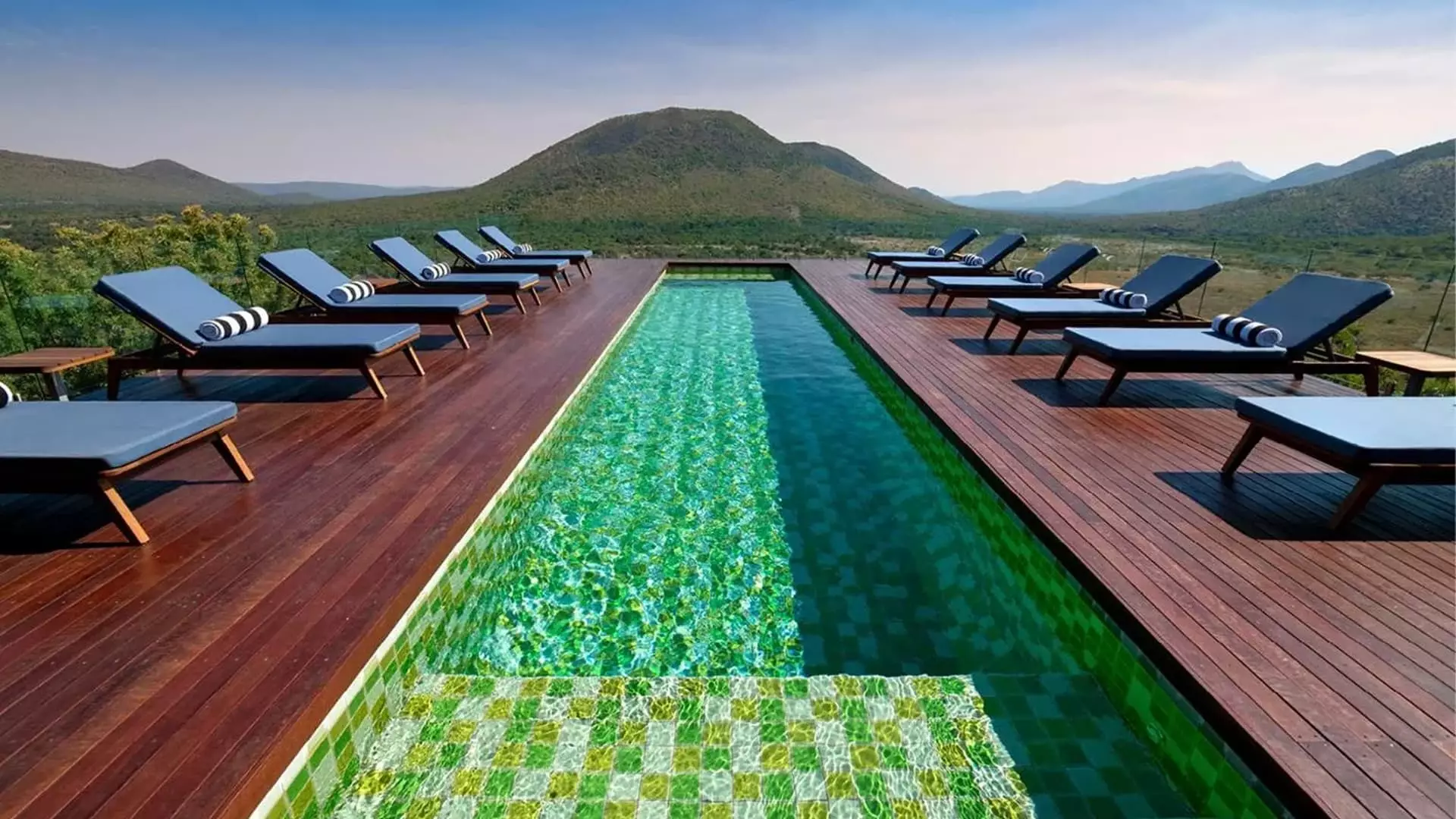In recent years, the landscape of luxury safaris in Africa has undergone a significant transformation. Traditionally, the allure of these adventures revolved around the iconic “Big Five”—lions, leopards, elephants, buffaloes, and rhinos. However, as the travel aspirations of modern-day adventurers evolve, luxury safari experiences are now more about personal growth and unique encounters than merely spotting renowned wildlife. Travelers have increasingly opted for immersive experiences that allow them to connect with nature in deeper and more meaningful ways. Lori Cohen, a luxury safari writer, emphasizes that today’s tourists prioritize special and transformative experiences during their limited time off from work. This shift heralds a new era wherein luxurious escapes focus on emotional engagement and personal attentiveness.
The burgeoning interest in individual experiences has led to broader definitions of luxury tourism throughout Africa. Olivia Gradidge, a marketing manager, highlights the increasing demand for novelty and exclusivity among travelers. Visitors now seek out unique experiences, such as behind-the-scenes interactions with veterinarians who care for exotic wildlife, or engaging with local communities. The emphasis has shifted from mere observation to active participation—where guests can partake in conservation efforts, learn about anti-poaching initiatives, or even track specific animal species. This approach not only transforms the traditional safari into an engaging adventure but also fosters a greater connection to the natural world and the people who inhabit it.
With the luxury safari market on a path to growth, projected to rise from $1.7 billion in 2023 to nearly $2 billion by 2032 according to Business Research Insights, there’s a distinct shift towards “conscious luxury.” Travelers today are reflecting on the environmental impacts of their journeys and seeking sustainable options that minimize their carbon footprints. This change is evident in the increasing popularity of walking and trekking safaris, which offer environmentally sensitive alternatives to conventional safari tours. Kgomotso Ramothea, CEO of the African Travel & Tourism Association, supports this notion, noting a substantial interest from tourists looking for experiences that align with their values and beliefs.
As luxury travelers crave deeper, more meaningful experiences, there is a notable trend toward multi-country safari itineraries. Instead of limiting their excursions to a single nation, return visitors are eager to explore a broader range of cultures and landscapes. Murielle Mignot-Vegezzi, head of product at Discover Africa, observes that top destinations such as Kenya, Tanzania, South Africa, and Botswana remain popular choices, but travelers increasingly desire interconnected experiences that traverse national borders. This shift in preferences is driving up the cost of luxury safari bookings, with experienced adventurers willing to invest in comprehensive itineraries that blend various local experiences.
The cost of luxury safari experiences can vary dramatically based on the level of service and type of accommodations. The price for a luxury safari can reach upwards of $9,600 per person in 2024, whereas a more basic safari experience typically starts from $100 to $300 per day. The latter might include shared game drives and basic food offerings, which contrast significantly with the exclusive services provided by high-end lodges. In the luxe range, options like Mara Intrepids Tented Camp in Kenya or Tanzania’s Serengeti Sopa Lodge promise not just stunning wildlife encounters but also gourmet dining, private guides, and personalized services that cater to individual desires, thus embodying the epitome of luxury safari offerings.
Pristine locations continue to attract luxury travelers seeking unparalleled experiences. Noteworthy lodges like Angama Mara and Richard Branson’s Mahali Mzuri in Kenya, as well as the esteemed Singita Grumeti in Tanzania, are designed to deliver memorable experiences while offering breathtaking surroundings. In addition to lavish accommodations, these lodges often provide opportunities for exclusive game drives and intimate excursions. The growing demand for high-quality service and tailored itineraries underscores the dynamic nature of luxury safari tourism in Africa.
The future of luxury safaris in Africa looks promising as travelers yearn for experiences that resonate on a personal and emotional level. As the focus shifts from simply witnessing wildlife to engaging meaningfully with landscapes and communities, safari operators are responding by crafting experiences rich in authenticity, sustainability, and exclusiveness. This evolution signals an exciting time for both travelers and the industry, paving the way for adventures that inspire and transform in the stunning backdrop of Africa’s wilderness.


Leave a Reply